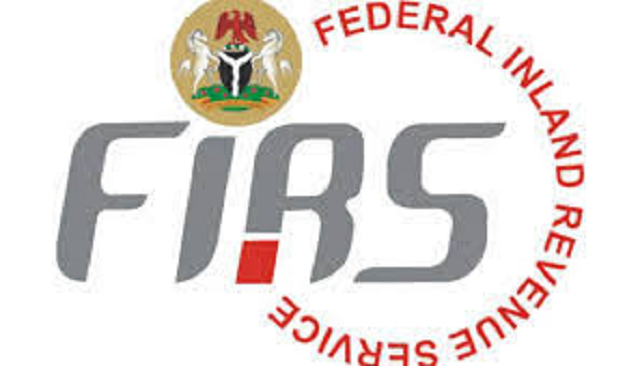The Federal Inland Revenue Service has informed non-residents and those with tax residence in more than one country to complete its self-certification forms. The tax agency has advised that the form can be downloaded from its site.
The Federal Government came under serious criticism after it admitted it had misinformed the public on the exercise and has since deleted the post from its Twitter page.
A former Director-General of the Bureau of Public Service Reforms in Nigeria, Joe Abah, in a tweet accused both the federal government and FIRS of issuing misleading information to the public:
So, in essence, your press statement, relayed by @NigeriaGov, only concerns non-residents and those with tax residence in more than one country. It doesn’t concern majority of citizens. If so, both your press statement & the tweet by @NigeriaGov were misleading and unnecessary. https://t.co/eqZ51qnPtN
— Dr Joe Abah (@DrJoeAbah) September 18, 2020
The self-certification exercise is to enable Nigeria fulfil its OECD treaty obligation, which requires signatory countries to gather and report financial information of foreign nationals to their country of origin for the purpose of tax compliance and in return receive similar information on Nigerians from those countries.
Here are the Top 7 Things to know about the self-certification exercise:
#1. The self-certification is not for all account holders in financial institutions, as erroneously put out by the federal government previously.
#2. The self-certification forms are to be administered by financial institutions, to enable account holders clearly document their respective jurisdictions of tax residence.
#3. The form is available for download on the FIRS website. FIRS has directed financial institutions to provide email addresses or electronic portals for customers to upload completed forms.
#4. The Self Certification form is to be administered on Reportable persons holding accounts in financial institutions that are regarded as “Reportable Financial Institutions” under the CRS.
#5. A person holding accounts in more than one financial institution is required to fill out and submit the self-certification forms for each financial institution. However, one self-certification form covers an account holder with multiple accounts in a financial institution.
#6. Nigerians with dual citizenship are affected by this policy.
#7. The self-certification exercise is designed to help implement tax information sharing between OECD treaty signatories. This exercise will enable Nigeria obtain and share financial information of citizens of countries who are signatories to OECD agreement and in exchange the FIRS will receive financial information of Nigerians from those countries.













